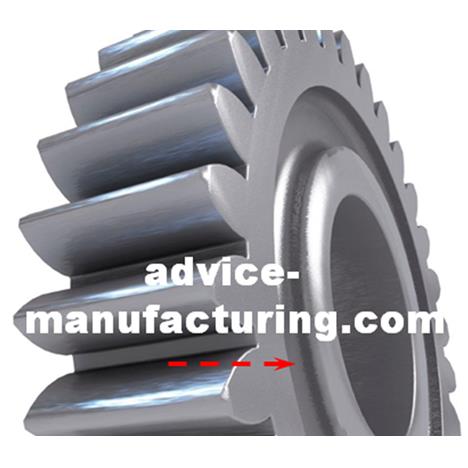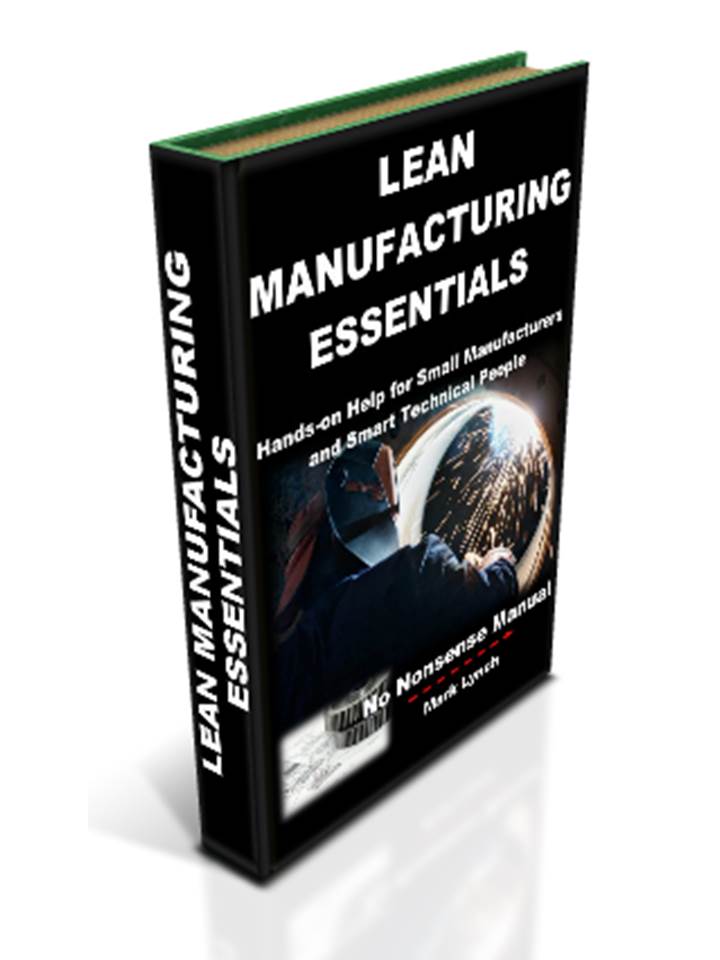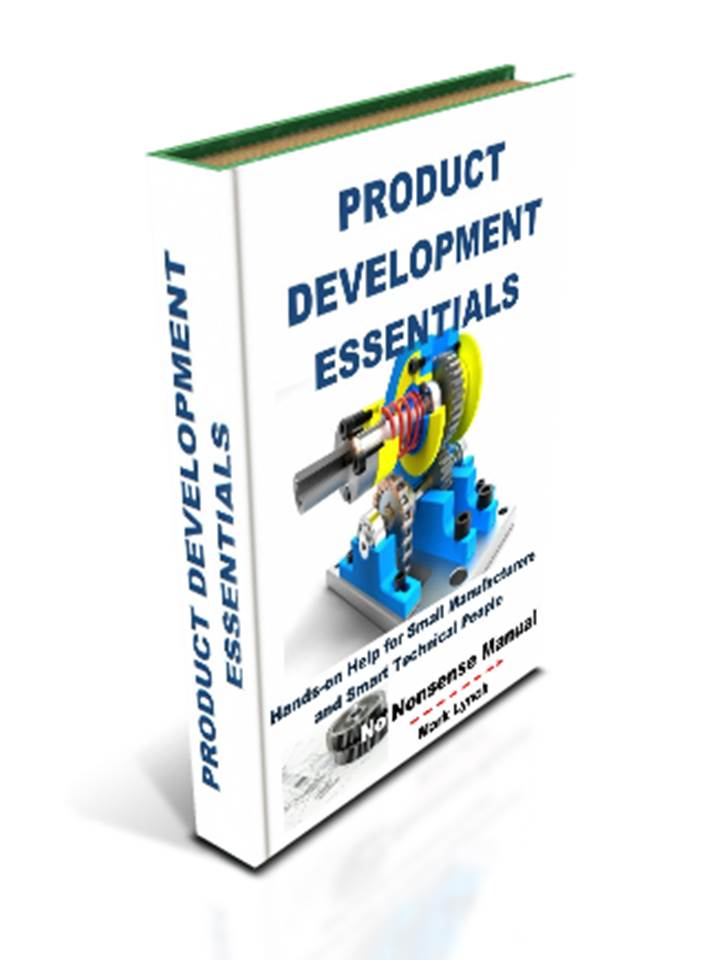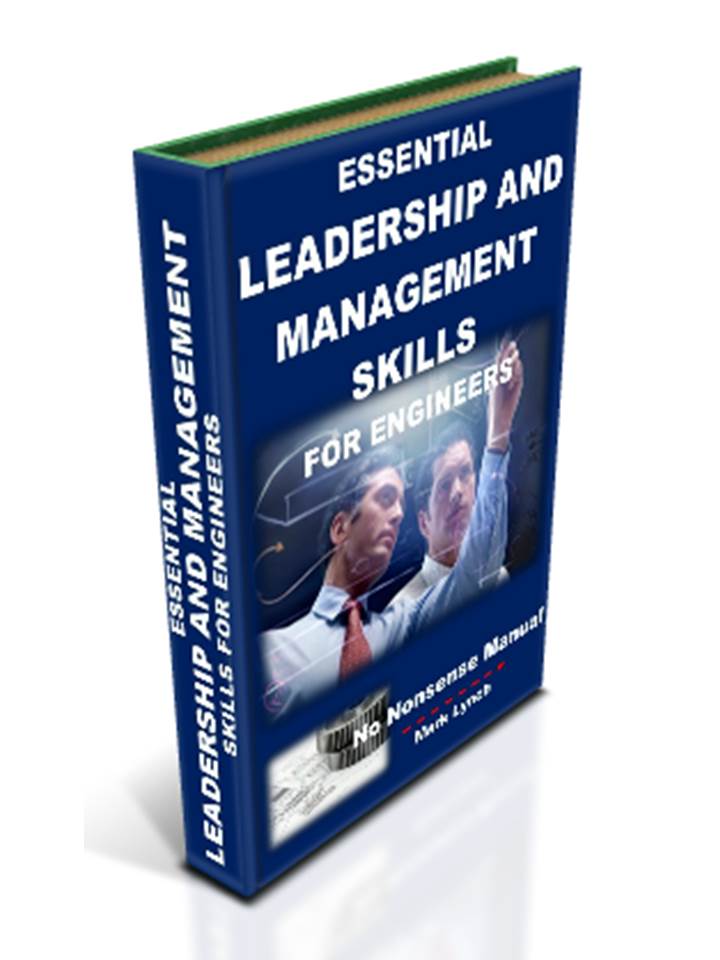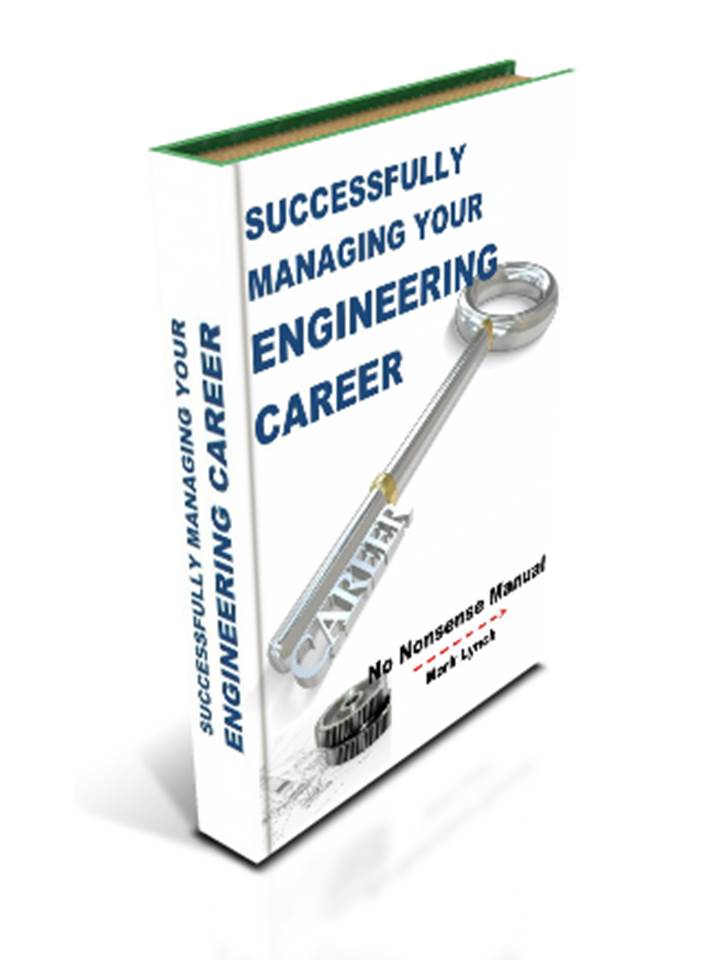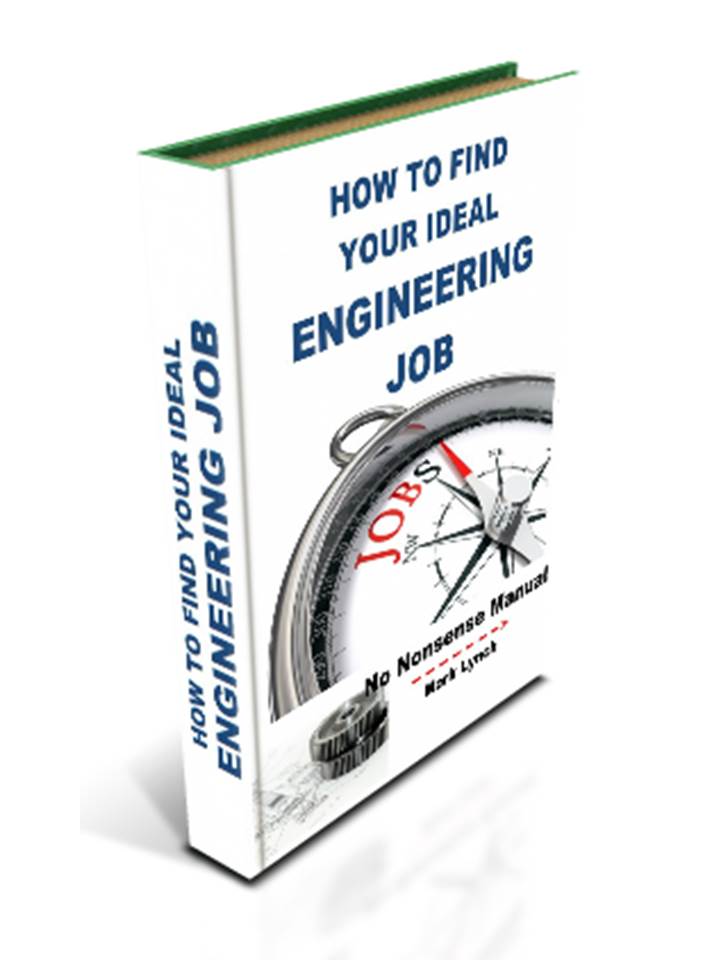'Hands-on Help for SMEs' and Smart Technical People'
Engineering Career Planner Goals
Career
Planner 2: Using the Document to Drive Success and Achieve Goals
Career Management for Engineers
Setting Engineering Career Planner Goals...
Identifying a Career Path
Identify a career path for yourself. This is likely to take the form of a statement that includes details of your long term career aims, including status and achievement. Think carefully about this and attempt to identify what will really satisfy you career-wise. What do you want to be? Where do you want to be? The path should include plans about what you want to achieve by given dates. These are likely to be approximate at this stage.
A career path should be more in-depth than just obtaining a job. At the same time the path should include an element of flexibility so opportunities can be taken advantage of and woven into the overall plan. For further ideas, try visiting a technical recruitment agency website to see the range of positions currently out there.
Consider the Following For Ideas:
- What area or discipline do you wish to specialise in?
- What other areas would you like to diversify to and gain knowledge in?
- What sort of professional do you want to be?
- Do you wish to specialise in one sector of industry?
- Alternatively, do you want highly transferable skills?
- What business and management level do you aspire to?
- Do you want to gain expertise in specific products and processes?
Setting Engineering Career Planner Goals...
Your Dream Job
A good method of starting the thinking process is to consider what you would like to do in your dream job. What interests you the most? In an ideal world your dream job will be in your field or profession. However, for many this may not be so. If this is the case consider attempting to bring elements of your dream job into your current job.
Setting Engineering Career Planner Goals...
Setting Objectives
Objectives are the individual tasks that must be undertaken in order to achieve your goals. They are a bit like stepping stones to achieve your overall aims. In order to make this happen, the goals must be examined and broken down into key activities. This requires some careful thinking. Objectives should be measurable and have a time limit. Review them regularly to ensure they are being completed and they support your goals. Objectives may include learning specific skills or gaining a certain amount of experience or knowledge. Consider SMART objectives – which aims by which months?
Also think about how exactly you plan to undertake each objective. Ensure each stage is realistic and likely to get done. Think about a time frame for achievement. Plan how this will happen. The objectives should then be included and scheduled into your working life to ensure they take place. Plan your objectives into your schedule for the week or month. What is desirable in your industry sector? Review related jobs online and look at the skills and expertise they ask for.
Setting Engineering Career Planner Goals...
How to Use the Career Planner
Whilst it is intuitively laid out, the Career Planner comes with guidelines to help you quickly complete the simple spreadsheet. At the same time, the matrix has been developed so the information entered on it is directly relevant to your career path, your goals and your objectives. It is particularly useful to those who are completing the matrix for the first time.
The Planner guidelines provide quick and easy completion advice. It is a focused methodical working document designed to deliver the best results for you to get the greatest career satisfaction and fulfilment.
- Consider using the Career Planner as part of your appraisal or to support and plan for it. The objectives are likely to be work-based and provide an excellent means of focusing your career development, as well as reviewing your achievements.
- Periodically review and update the spreadsheet at least every 3-6 months, more frequent checks are recommended. Highlight completed objectives, adding comments if necessary. How are you getting on against your aims? Which areas do you need to double your efforts and really push yourself on?
- Consider using the Planner as the standard appraisal document for your team. In this way career development and progress can be coordinated and standardised.
- Include some of your objectives into your weekly to-do-list. Attach dates to tasks to ensure they get completed.
- Link the Planner to projects and documents featured within it (particularly project plans). This provides straightforward access. This can be done digitally by linking documents.
- Updating the spreadsheet is quick and easy. Simply copy the page and rename the tab at the bottom, perhaps with the latest date. Next, fill in what has changed since last time. This may be completed objectives, new tasks etc.
- Use colour and bold text to bring the document to life.
- Innovate, change things around and make the spreadsheet work for you.
- See the details attached to the Career Planner for more useful tips, hints and advice.
Setting Engineering Career Planner Goals...
Career Planner Conclusion
If used as advised, the Career Planner represents a mechanism for identifying, then refining your career dreams, before transforming them into reality. It can be filled out quickly and conveniently. Periodic reviews followed up with scheduled tasks, help deliver real results. All the other information in the Career Management section complements these aims. This material has been developed to give engineers and technical employees a helping hand, as well as a genuinely satisfying and fulfilling career in manufacturing industry.
Engineering Career Planner Goals
Back to Your Career Management
Based on your experience, what’s the Single Best Piece of Advice you’ve heard for a Great Engineering Career?
Have you had an inspirational coach, mentor or manager? Knowing what you know now, what’s the single most effective piece of advice you’d give to a young engineer coming through now?
